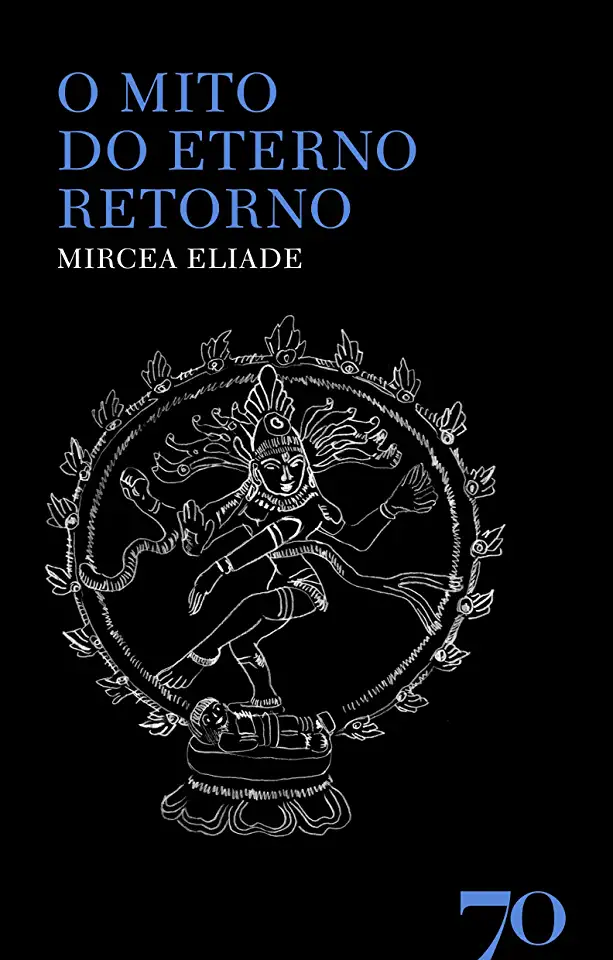
The Myth of the Eternal Return - Mircea Eliade
The Myth of the Eternal Return: Cosmos, History, and Religion
In his seminal work, "The Myth of the Eternal Return," Mircea Eliade delves into the profound concept of cyclical time and its pervasive influence on human cultures and religious traditions. Eliade argues that the idea of eternal recurrence, the notion that time is not linear but rather a continuous cycle of creation, destruction, and rebirth, is a fundamental aspect of human consciousness and has shaped the development of religious beliefs and rituals throughout history.
Cosmos and Time
Eliade begins by exploring the concept of the cosmos as a sacred space-time continuum, where the cyclical nature of time is intimately connected with the structure and order of the universe. He draws upon examples from various cultures, including ancient Egypt, India, and China, to illustrate how the cosmos is often perceived as a living organism, subject to cycles of birth, growth, decay, and regeneration.
Sacred Time and Ritual
Eliade then examines the role of sacred time in religious rituals and ceremonies. He argues that rituals are not merely symbolic reenactments of mythical events but rather serve as a means to transcend ordinary, linear time and enter the sacred realm of eternal recurrence. Through rituals, individuals and communities can experience a direct connection with the divine and participate in the cosmic drama of creation and renewal.
The Symbolism of Rebirth
Eliade explores the symbolism of rebirth and regeneration in various religious traditions. He discusses the significance of water, fire, and vegetation as symbols of purification and renewal, and examines the role of initiatory rites and shamanic practices in facilitating spiritual rebirth and transformation.
The Eternal Return and History
Eliade challenges the conventional understanding of history as a linear progression of events. He argues that many cultures view history as a series of cycles, each characterized by its own unique pattern of creation, growth, and decline. This cyclical view of history, Eliade suggests, is rooted in the human experience of time as a repetitive cycle of birth, death, and rebirth.
Conclusion
"The Myth of the Eternal Return" is a profound and thought-provoking exploration of the cyclical nature of time and its impact on human culture and religion. Eliade's comprehensive analysis of myths, rituals, and symbols from diverse traditions provides a unique perspective on the human experience of time and the search for meaning in the cosmos. This seminal work is a must-read for anyone interested in the study of religion, anthropology, and the philosophy of time.
Why You Should Read This Book
"The Myth of the Eternal Return" is a captivating and intellectually stimulating journey into the depths of human consciousness and the mysteries of time. Eliade's profound insights and extensive research offer a fresh perspective on the nature of reality, the meaning of existence, and the role of religion in human life.
If you are fascinated by the cyclical patterns of history, the symbolism of rebirth, or the connection between time and the sacred, then this book is for you. Eliade's work will challenge your assumptions about time and reality, and leave you with a deeper understanding of the human experience and the quest for transcendence.
Don't miss this opportunity to embark on an intellectual adventure that will change the way you think about time, history, and the nature of existence. Get your copy of "The Myth of the Eternal Return" today and discover the profound insights that lie within its pages.
Enjoyed the summary? Discover all the details and take your reading to the next level — [click here to view the book on Amazon!]